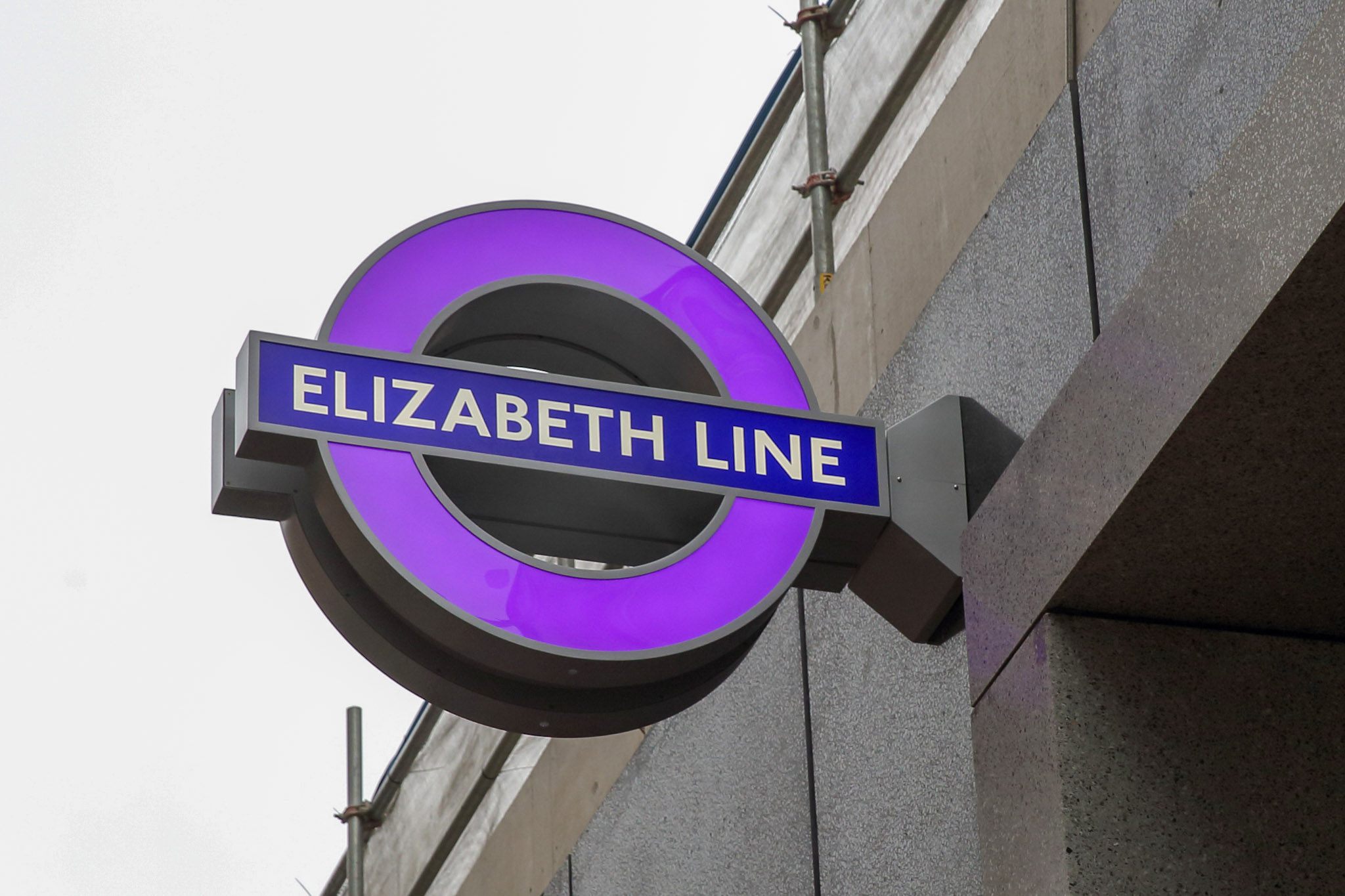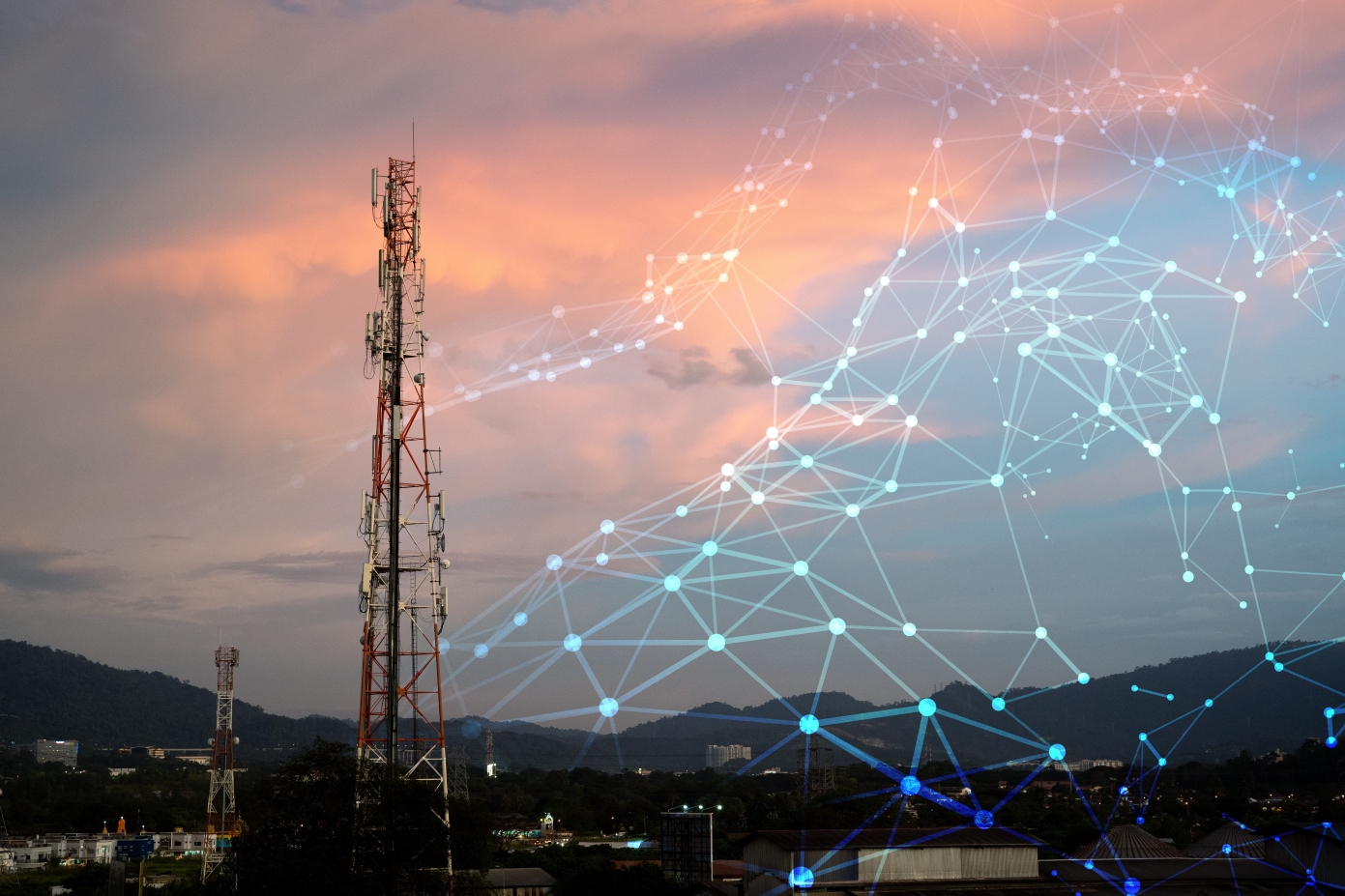Vodafone is supporting the Government with the launch of its UK Emergency Alerts service - messages sent to mobile devices to warn of potentially life-threatening or disruptive incidents.
If there’s an incident or an emergency where there’s a risk to life, either locally or nationally, the service will send your mobile device an alert – a loud siren-like sound followed by further instructions.
The Government’s first emergency alert test message is due to take place on Sunday 23 April at 3pm.
The cell broadcasting system broadcasts alerts from 4G and 5G masts directly to compatible devices in a defined area. No personal information such as telephone number, identity or location is used in sending the alert.
The alert could be warning you of severe flooding, for example, but it could also be triggered by a fire, health emergency, or industrial incident.
The alert is free to receive, completely secure and available across 4G- and 5G-compatible phones and tablets. You don’t have to do anything to receive it. The technology has been successfully used in other countries.
How it works
In an emergency, your 4G- or 5G-compatible mobile phone or tablet will receive an alert. This could take the form of:
- a siren-like sound, even if it’s set to silent;
- your device vibrating;
- a message read out to you.
At this point, you should read the alert and follow any instructions.
An alert may include information on how to get further information, such as a link to the GOV.UK website.
In order to receive Emergency Alerts, you will need:
- An iPhone running iOS 14.5 or later
- An Android phone or tablet running Android 11 or later. If you have an earlier version of Android, you may still be able to receive alerts. To check, search your settings for ‘emergency alerts’.
Things to note:
- The alerts are free, you don’t need to sign up to them or download any app.
- They will only ever be sent by the Emergency Services or the Government.
- You will get alerts based on your current location – not where you live or work.
- You will not get alerts if your device is turned off or in aeroplane mode.
- No personal information such as telephone number, identity or location is used in sending the alert. No one will collect or share data about you, your device or your location either.
- You can opt out of some emergency alerts at any time, but this does mean you will not hear about potential emergencies.






![View over countryside and ploughed fields[Adobe Stock] stock image of the countryside near Combe, Berkshire](https://www.vodafone.co.uk/newscentre/app/uploads/2024/04/View-over-countryside-and-ploughed-fieldsAdobe-Stock.jpg)
![Falling Dripping Water Drop[Adobe Stock] Falling Dripping Water Drop[Adobe Stock]](https://www.vodafone.co.uk/newscentre/app/uploads/2024/04/Falling-Dripping-Water-DropAdobe-Stock.jpg)

![Dawlish Sunrise [Adobe Stock] resized stock photo of Dawlish in Devon](https://www.vodafone.co.uk/newscentre/app/uploads/2024/04/Dawlish-Sunrise-Adobe-Stock-resized.jpg)